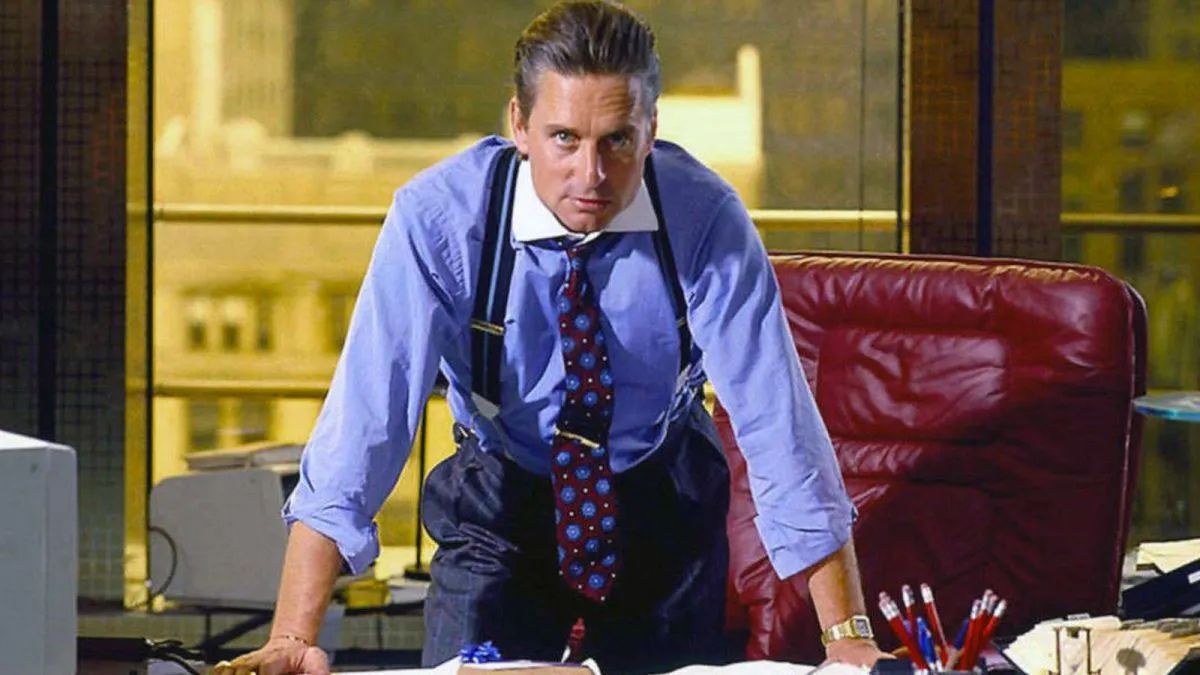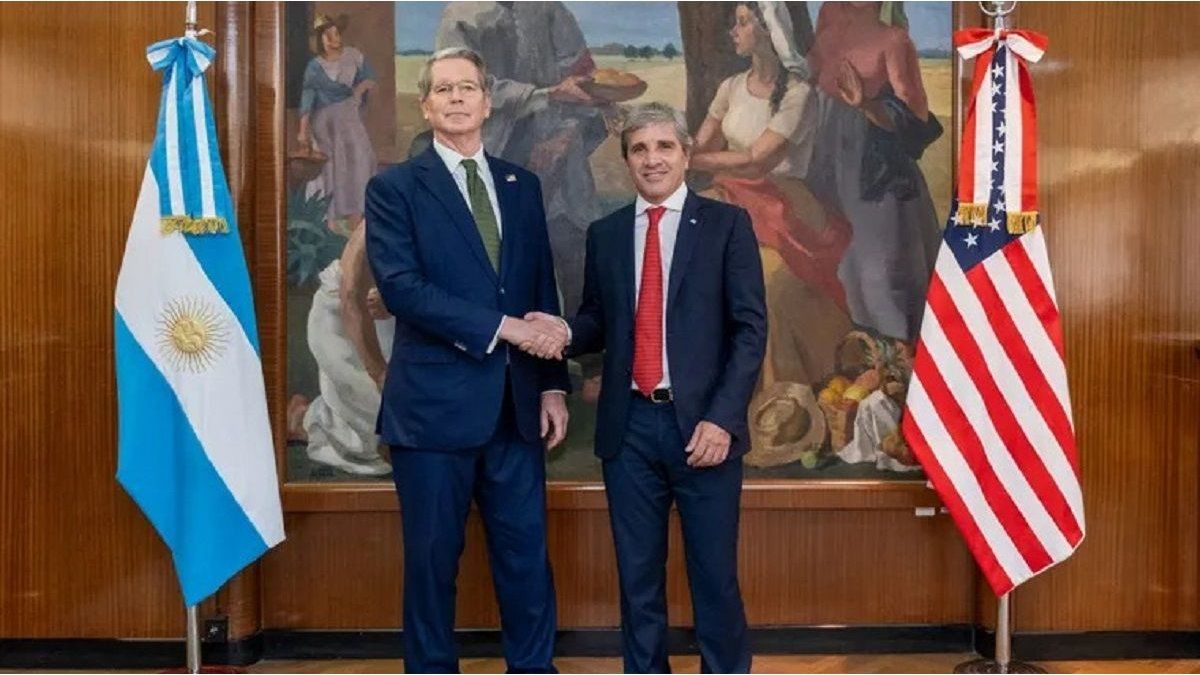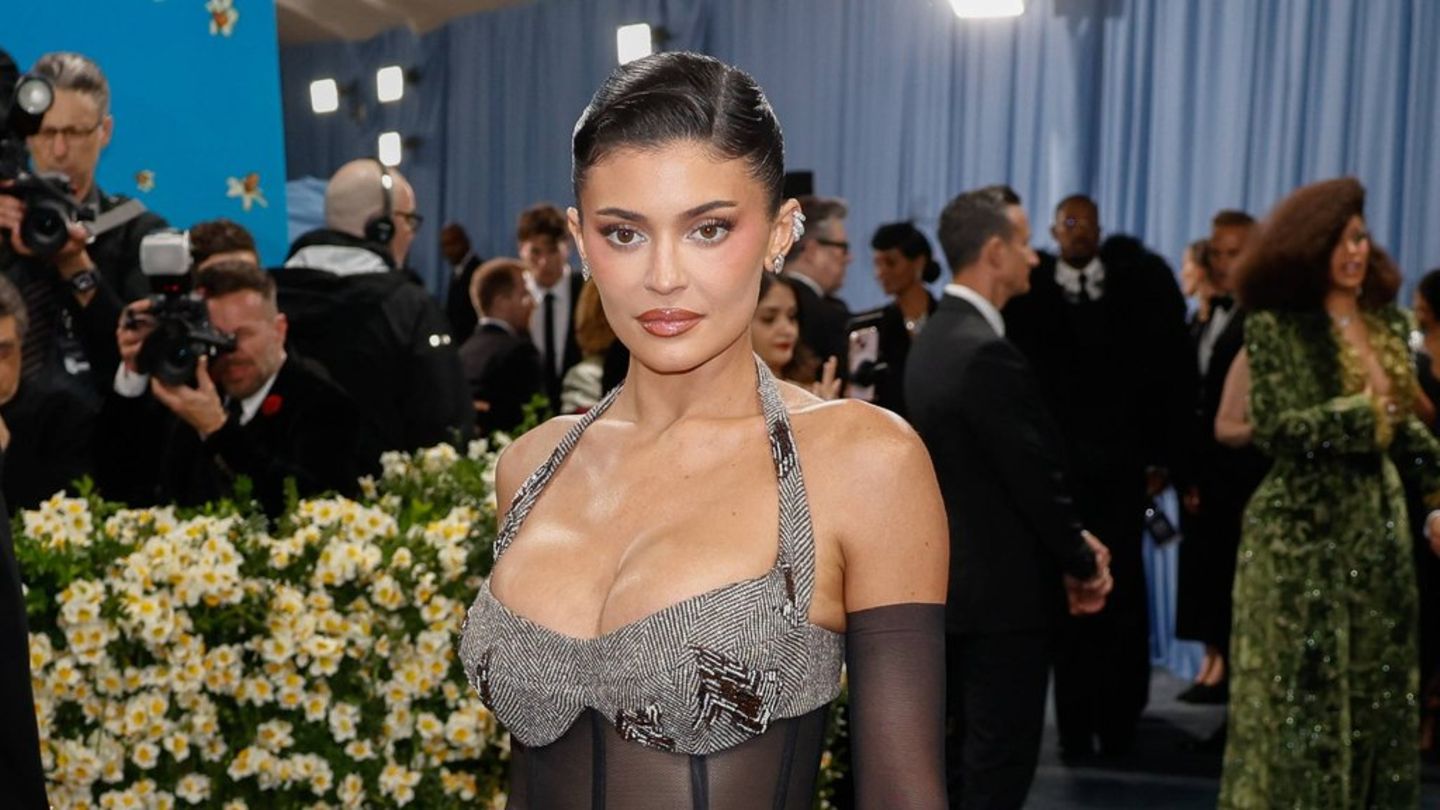Journalist: The balance sheet season has begun. Meanwhile, the drop in rates continues. It is now the turn of the European Central Bank (ECB). In parallel, the electoral campaign has already entered its definition phase. The vote will be held on November 5, two days before the Fed defines its own dilemma. A quarter point or half a point? Or maybe a pause? Donald Trump or Kamala Harris? Those are the questions.
Gordon Gekko: There are many questions. And there are more doubts than certainties. But having a healthy economy, and with the lowering of rates as a background, without emergencies that precipitate it, is a balm. The uncertainty is great, but Wall Street frolics at the highs, waiting to see how the intrigue is resolved.
Q: Without excessive concern. As if any result would be the same.
GG: At this point, that’s how it is.
Q: Are we talking about central banks or politics?
GG: Of both, because both are at stake. Monetary policy, which has already chosen the path of lowering rates, and partisan politics from which a president must be elected. We don’t know what specific decisions will be made on November 5th and 7th, but they don’t keep us up at night. The business balance sheets are coming in handy. The banks started off on the right foot. And that promotes good digestion beforehand.
Q.: The uncertainty surrounding the Fed’s decision in November is not the same as that surrounding the electorate’s decision.
GG: No. Seen from the outside, a drop of a quarter of a point is the Fed’s clear vote. It wins with 90% of the odds in all opinion polls. However, if one pays attention to what a insider who has been very talkative, like Raphael Bostic, the president of the Atlanta Fed, it is noted that the range of possibilities is more open than it seems.
Q: Bostic has a voice and, this whole year, he also has a vote in the decision.
GG: Correct. And he has said many things. At the beginning of the year, when seven or eight rate cuts were being considered, he was the first to loudly rule it out. Last week, after the spread of September inflation, he was also the first to indicate that he was open to the alternative of taking a break at the November meeting. And to do nothing. This Wednesday he clarified his position even more. It seems good to carry out one more reduction in the rate, of a quarter of a point, for the remainder of the year. It could be next month or in December.
Q: Does it matter to you?
GG: Yes. It will not change the practical consequences of the process. And like Bostic, there are six other wills out of the 19 that issue opinions. They already thought this in September. And it is presumed that some more have joined. The economic data is very robust. The Fed in September was counting on a downward revision of personal income that did not occur.
Q: Rather, quite the opposite.
GG: As is. The important thing is that the process of lowering rates is a decision made. And it is fully justified. Even more so outside the US. The declining inflation opens the door this Thursday to the ECB’s third rate cut, which in principle was going to take longer. And the fall in inflation in Great Britain, the general inflation below 2% and the services inflation, still high, but also well below estimates, anticipates another blow to the rate at the next meeting, in November. There may be doubts regarding the timing, the decline in energy prices is advancing the agenda, but the direction of movement is clear. And with this uncertainty limited, the markets can coexist comfortably.
Q: The election seems like a different story. Trump president is not the same as Harris president. Or yes?
GG: No. Harris is seen as continuity. Trump is explosive. Wall Street has a Republican bias, but also risk aversion.
Q: Are they compensated like this?
GG: In his first presidential campaign, when Trump did poorly, for example, in his first debate, Wall Street rose.
Q: Wall Street is trading at records and Trump is once again the favorite of the betting markets. Does the stock market prefer to believe in popular vote polls that put Kamala ahead?
GG: The polls are illiquid, and the popular vote does not choose the president, but the Electoral College. And its fate is decided in seven key states, whose outcome is difficult to predict. Wall Street doesn’t know the outcome. What he does know is how Trump governed in his first term. Above all, he knows his tremendous concern to show the stock market’s prosperity as a direct explanation of the quality of his management. That’s why he doesn’t get scared like the first time.
Q: You can always make a calculation error. Especially if you play with fire.
GG: In which case, the Stock Exchange is going to invoice it, which would be the best way to encourage it to be corrected quickly. For now, the stock market ignores the result, but it doesn’t keep it up at night either. That could change if the scrutiny is not clarified quickly and a vigil is held.
Source: Ambito
I am a 24-year-old writer and journalist who has been working in the news industry for the past two years. I write primarily about market news, so if you’re looking for insights into what’s going on in the stock market or economic indicators, you’ve come to the right place. I also dabble in writing articles on lifestyle trends and pop culture news.




